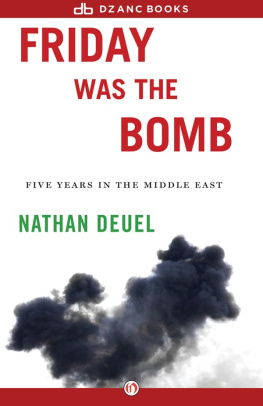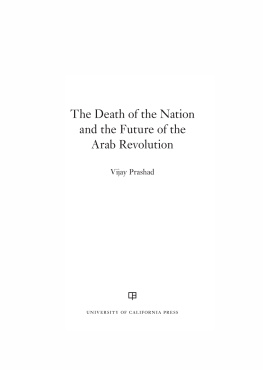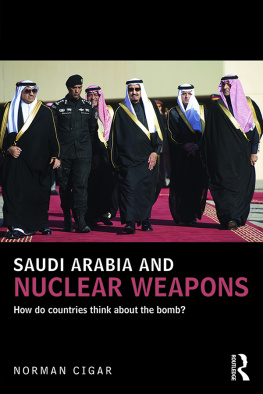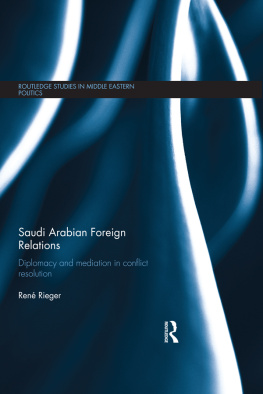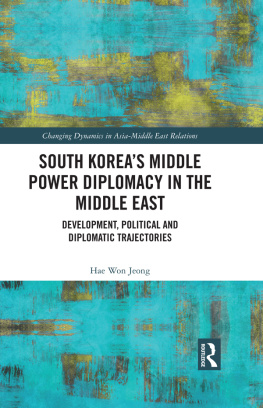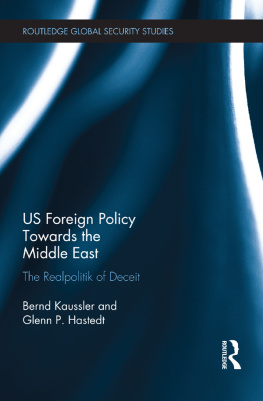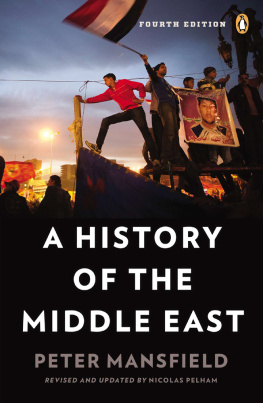Friday Was the Bomb
Five Years in the Middle East
Nathan Deuel

All rights reserved, including without limitation the right to reproduce this ebook or any portion thereof in any form or by any means, whether electronic or mechanical, now known or hereinafter invented, without the express written permission of the publisher.
These essays first appeared, in slightly different form, in the following publications: Aeon Magazine, Al Jazeera America, The Awl, GQ, Los Angeles Review of Books, The Morning News, The National (U.A.E.), The New Republic, Salon, Slate, St. Petersburg Review, and Virginia Quarterly Review.
Book design: Steven Seighman
Copyright 2014 by Nathan Deuel.
ISBN: 978-1-4976-4483-0

This project is supported in part by awards from the National Endowment for the Arts and Michigan Council for Arts and Cultural Affairs.
Dzanc Books
1334 Woodbourne Street
Westland, MI 48186
www.dzancbooks.org

Distributed by Open Road Integrated Media, Inc.
345 Hudson Street
New York, NY 10014
www.openroadmedia.com

CONTENTS
For Kelly, who came home
In the dark times, will there also be singing?
Yes, there will be singing.
About the dark times.
B ERTOLT B RECHT
TIMELINE
| September 2008 | Nathan and Kelly move to Saudi Arabia |
| June 2009 | Their daughter Loretta is born at Kingdom Hospital in Riyadh |
| April 2010 | Nathans dad passes away at Floridas Mayo Clinic |
| June 2010 | Kelly becomes NPRs Baghdad Bureau Chief |
| March 2011 | Unrest spreads to Bahrain, Yemen, Iraq, and Syria |
| November 2011 | Nathan and Loretta move to Beirut |
| December 2011 | Kelly leaves Iraq with the last convoy of U.S. troops. She later joins her family in Beirut |
| February 2012 | Journalists Anthony Shadid and Marie Colvin die in Syria |
| April 2012 | Seven-hour shoot-out on Al Kalaa Street in Beirut |
| October 2012 | Car-bombing in Beirut kills head of Lebanese intelligence |
| June 2013 | Nathan and Loretta leave Beirut |
| August 2013 | Kelly files her final report from the Middle East |
| September 2013 | The family moves together to Los Angeles |
1
HOLIDAY IN BAGHDAD
The plane smelled of sweat and perfume. Rising to stretch my legs, I surveyed my fellow passengers. Almost all were Iraqis, and there was a preponderance of plastic and/or leopard-print overnight bags. The men had big mustaches and weary eyes. Many of the women wore colored headscarves and seemed to be in their thirties, some of them no doubt returning to Iraq for the first time in years. My wife had just been named NPRs new Baghdad bureau chief. This was my first visit to Iraq, and my first time leaving Istanbul, where I lived with our daughter.
I felt weak in the knees. My mom had flown to Turkey for a visit. She was babysitting so I could take this trip. An Iraqi girl sized me up. What did you expect? her eyes seemed to inquire. Your people fucked us up good. I let my head fall.
Dawn broke as we hit the tarmac. Behind a battered desk stood an Iraqi official armed with a gleaming .45-caliber pistol. I was supposed to meet a guy named Muthana. Without him Id never get throughanyone who came to Iraq these days needed some kind of sponsor. But in the scrum of men with moustaches, how would I know it was him? My wife, Kelly, had sent me a photo, which I pulled up on my phone. Muthana was a broad-shouldered man, with twin girls sitting on either of his denim-clad knees. In the early morning heat and dust, among the guns and the uniforms, I stared at the picture, realizing that he had left his children early this morning to help me.
Muthana recognized me before I recognized him, and he beamed at me like a proud father. He grabbed me by the shoulder with a big hand and pushed me toward an office.
Wait, he said, and disappeared inside, shutting the door behind him. When he emerged a few minutes later, he had sweat on his brow and a tight smile.
You have badge? he said.
A what? I said, mystified. Do I need a badge? Kelly hadnt said anything about a badge. My stomach fluttered.
Shaking, I took out my wallet and browsed stupidly. I found a gift card from Dunkin Donuts, a wad of Turkish lira, a canceled credit card, and my Florida drivers license.
Pawing uselessly at the stack of plastic, Muthana wilted. A portly official in a green army uniform stepped forward. He grabbed my wrist and looked into my eyes.
No badge? he said, motioning at my wallet. Look again.
I pawed again through credit cards and old receipts. The official leaned into me with some feeling, looking inside my wallet, his eyebrows raised and his body touching mine. I could feel his warm breath.
You have nothing?
I felt the desert heat mounting. What did I have? In the room behind me were several dozen security contractors. For most Americans, moving through the world was to feel a certain invincibility. But here in Iraq, there was a new feeling: a sense that anything could happen, that we probably deserved whatever came our way. The smoke from a dozen cigarettes swirled, and with a lack of sleep taking effect, I tried not to panic.
Here, I said, ecstatic, holding my passport open to an old visa. Saudi Arabia. Journalist. In Arabic. No problem!
The official patted my wrist, opened his mustached lips in a split of teeth, and with another tenuous agreement between visitor and visited, I was in.
In the beginning, Iraq had seemed like the center of the universe. On a bitterly cold New York day in 2003, I had marched with several hundred thousand others, as much out of a conviction that the war was wrong as that it was inevitable. If we as a nation were going into battle, it felt appropriate for all of us to stand in the cold and suffer. Things got heavy fast. In the first weeks of battle, an old boss of mine lost his life when a Humvee flipped. It was hard to figure out my place in the strange brew of writers, soldiers, pundits, foreigners, and observers. Then people started dyingin numbers far in excess of anything anyone expected. What was the point of all that carnage? What was the role of the journalist? A friend signed up for the infantry and flew to Iraq shortly thereafter. Working at a newspaper in New York, I found myself editing a Very Important Piece about the 1,000th death of a U.S. soldier, then another Very Important Piece about the 2,000th. I wanted to go to Iraq. No matter how skeptical anyone was of the war planning, its not like anyone wanted it all to go badlyand then things got much worse. In the bloodiest years of 2006 and 2007, during the uprisings in towns like Fallujah, we had good friends who went in and out as correspondents, and a few more who served as soldiers. Despite the various personal connectionsor perhaps because of themthe war felt further and further away.
I admit that at the height of the chaos, I stopped reading. So many dead dumped in ditches, countless American fuckups, too many tragedies to fathom.

